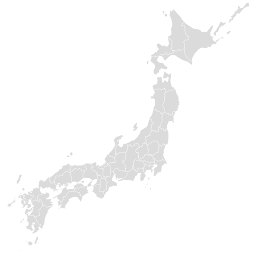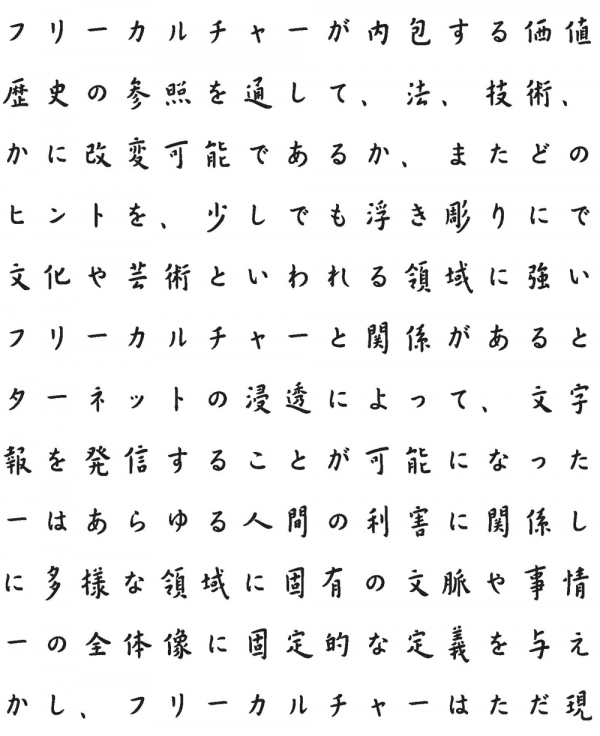Is it all one language?
It is common misconception that the Asian languages are all alike, they sound nearly the same and are mutually comprehensible given the similarities in their written form, especially the characters. The reality is far from that. Amongst its neighbours, Japanese is closer to Korean than any other language, because these two share a similar grammatical system. Most Asian languages were historically influenced by Chinese, however, contrary to the expectations, Chinese and Japanese have very little in common. Japanese is not a version of Chinese, they greatly differ in terms of pronunciation as well as sentence structure. The characters can be seen as common grounds, but only up to a certain degree.
Another typical attribute of Asian languages is a variety of dialects, which naturally applies to Japanese, too. The standard Japanese taught in schools is the Tokyo dialect.


